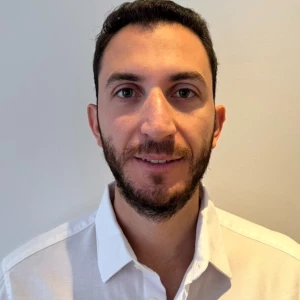Hi Everyone! I'm ecstatic as I just received an interview invitation for McKinsey, but there's a small problem…
I graduated in Art History from Brown University. I feel like I'm completely lacking in analytical ability and business sense, and I worry that I'll fail this.
I've just started my case prep journey – and if any of you have packages that you would recommend for a total beginner, I'd love to chat.
But my question is… even if I do well on cases and I demonstrate ability, will my non-traditional concentration count against me in the interview process? Or am I essentially on the same footing as everyone else?















